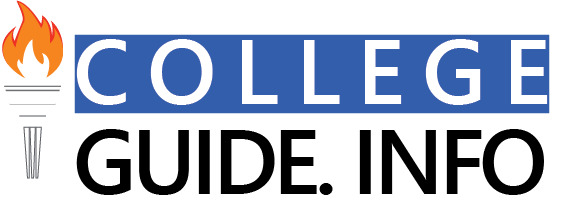





10 Interesting Facts about Benedict College
- Founding: Established in 1870 by Bathsheba Benedict and her son, Benedict College began as Benedict Institute, a school for freed slaves.
- Historical Significance: Benedict College played a significant role in providing education to African Americans during the Reconstruction era.
- Affiliation: Affiliated with the Baptist Church, Benedict College maintains a Christian-centered environment while welcoming students of all faiths.
- Accreditation: Benedict College is accredited by the Southern Association of Colleges and Schools Commission on Colleges (SACSCOC), ensuring academic quality and standards.
- Academic Programs: The college offers a range of undergraduate programs in various disciplines, including education, business, STEM fields, social sciences, and the humanities.
- Student Population: Benedict College has a diverse student body, with students from various racial, ethnic, and socio-economic backgrounds.
- HBCU Status: Benedict College is classified as a historically black college or university (HBCU), playing a crucial role in higher education for African Americans.
- Community Engagement: The college is actively engaged in the community through service-learning initiatives, partnerships, and outreach programs.
- Athletics: Benedict College competes in NCAA Division II athletics as a member of the Southern Intercollegiate Athletic Conference (SIAC). The college fields teams in sports such as basketball, football, track and field, and softball.
- Notable Alumni: Benedict College has produced notable alumni who have made significant contributions in various fields, including politics, business, education, and the arts, serving as leaders and role models in their communities.
Admissions
Acceptance Rate: 86%
| SAT Score | 820-1030 |
| ACT Score | 15-19 |
| Application Fee | $25 |
| SAT/ACT | Recommended |
Tuition
| TYPE OF CHARGE | NON-BOARDING | BOARDING |
|---|---|---|
| TUITION | $525.00 PER CREDIT HOUR | $525.00 PER CREDIT HOUR |
Programs
Arts
Music Performance
Music Technology
Studio Arts
Voice and Opera
Business
Accounting
Business
Marketing
Parks, Recreation and Leisure Studies
Sport and Fitness Management
Education
Art Teacher Education
Early Childhood Education
Elementary Education
Kindergarten and Preschool Education
Health Professions
Environmental Health
Public Health
Rehabilitation and Therapy
Humanities
Communications
Economics
English
History
Human Development
Liberal Arts and Humanities
Music History and Literature
Philosophy
Physical Sciences
Political Science and Government
Psychology
Social Work and Youth Services
Sociology
Sports Communication
Protective Services
Criminal Justice and Law Enforcement Administration
Cyber/Computer Forensics and Counterterrorism
Science, Technology, and Math
Biology
Chemistry
Civil Engineering
Computer Hardware Engineering
Computer Science
Electrical Engineering
Engineering Physics
Environmental Engineering
Information Science
Mathematics
Physics
Enrollment
Full-Time Enrollment
1,884 Undergrads
Part-Time Undergrads
11

